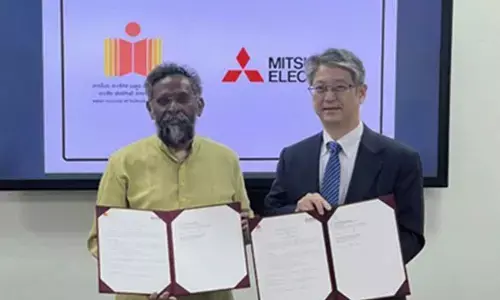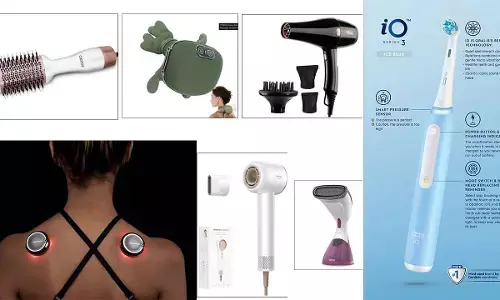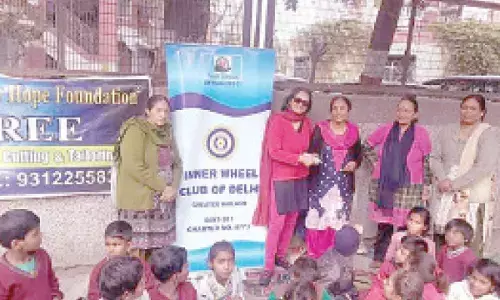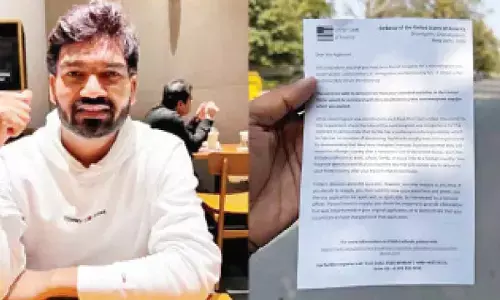Dealing with drug-resistant asthma
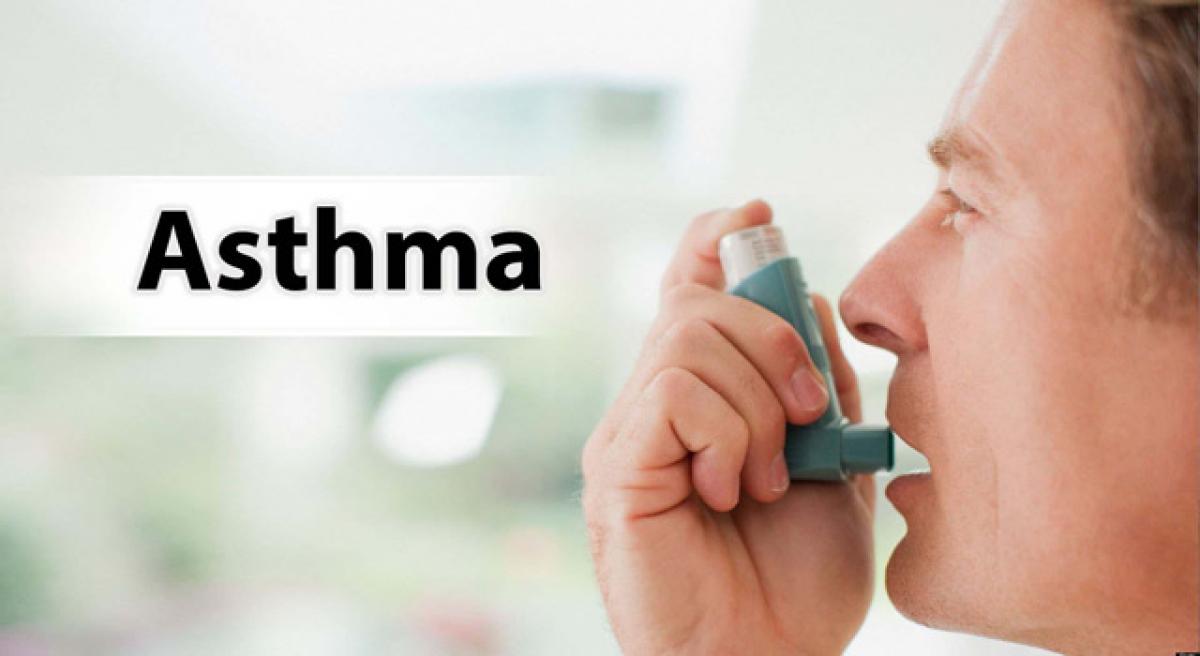
Boston Scientific India announced the availability of Bronchial Thermoplasty (BT) Therapy indicated for the treatment of severe, persistent, drug-resistant asthma.
Boston Scientific India announced the availability of Bronchial Thermoplasty (BT) Therapy indicated for the treatment of severe, persistent, drug-resistant asthma.
The therapy is applicable in patients 18 years and older whose asthma is not well controlled with inhaled corticosteroids and long acting beta agonists. The first BT procedure was performed in Royal Care Hospital, Coimbatore recently.
The Bronchial Thermoplasty therapy helps clear the bronchial airways by delivering thermal energy to the smooth muscle. This process decreases constriction in the patient’s airways and enables easier breathing, reducing the frequency and severity of asthma attacks for patients with severe, persistent, drug-resistant asthma.
Bronchial Thermoplasty is performed under moderate sedation on an outpatient basis. The first BT patient is a middle aged woman, who is suffering from severe, persistent, drug-resistant asthma for the past 30 years. She had recurrent asthma attacks and frequent emergency room visits despite her medication regimes.
“There are over 18 million estimated asthmatics in the country, for some of whom currently available medication has failed to provide any relief. Our Bronchial Thermoplasty Therapy holds great promise to help address this need gap.
We have sufficient evidence that shows Bronchial Thermoplasty is an effective therapeutic option for patients with severepersistent, drug-resistant asthma,” said Prabal Chakraborty, vice president and managing director, Boston Scientific in India.
Dr Pattabi Raman, Head-Pulmonology Associates, Royal Care Super Specialty Hospital, who performed the first BT procedure said, “This is a ground-breaking solution which may provide a complementary treatment to severe, persistent, drug-resistant asthma patients in the country.” This therapy is recognised globally and has been well received in around 20 markets.




